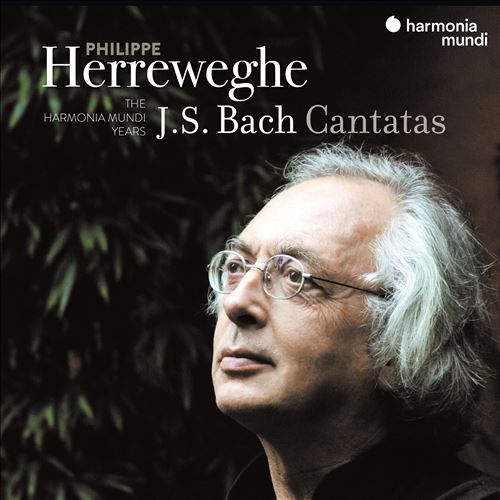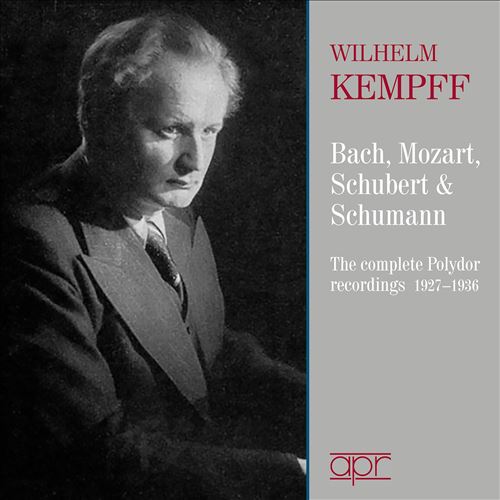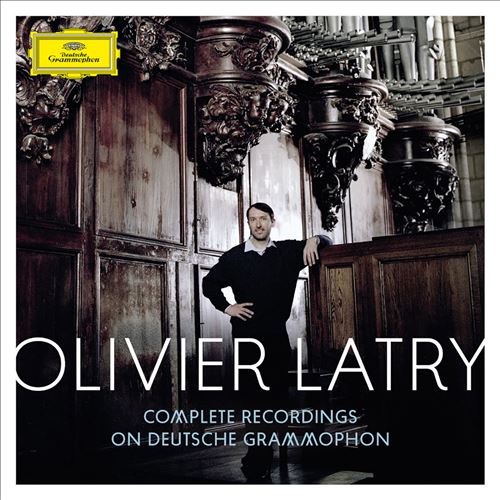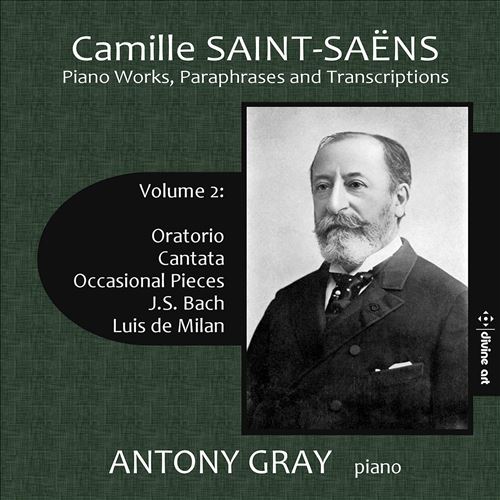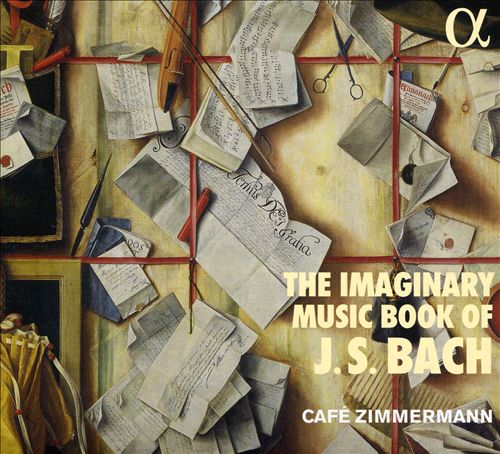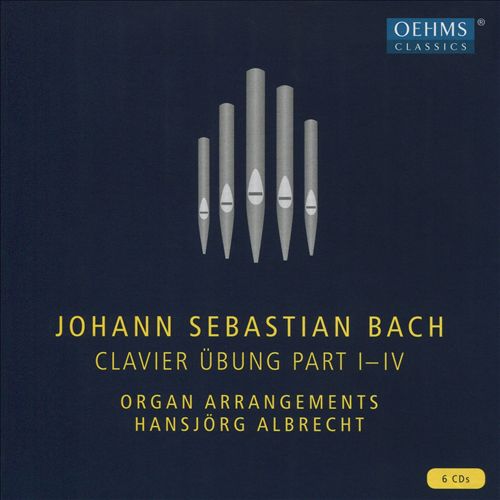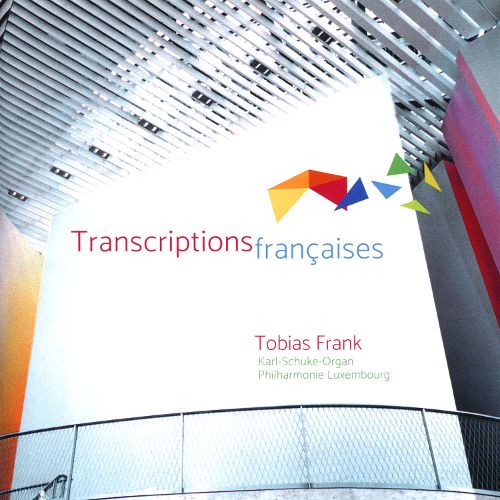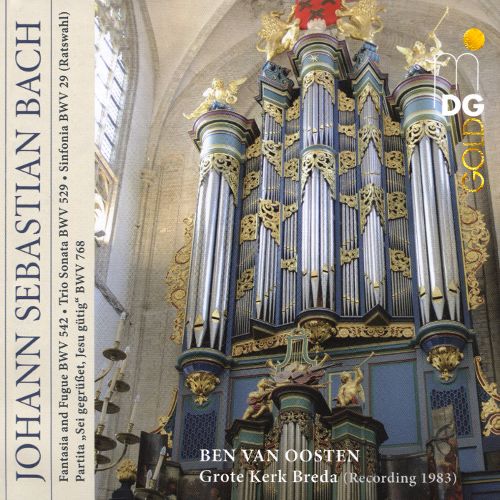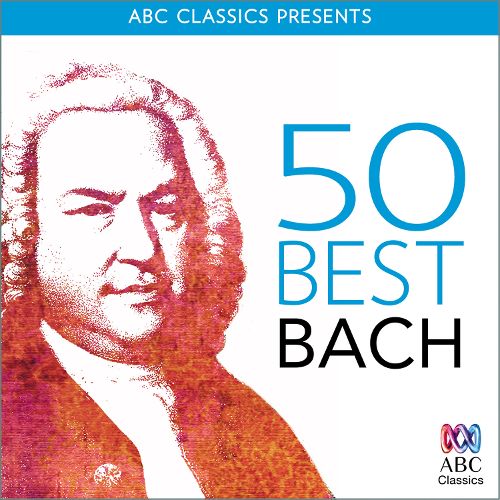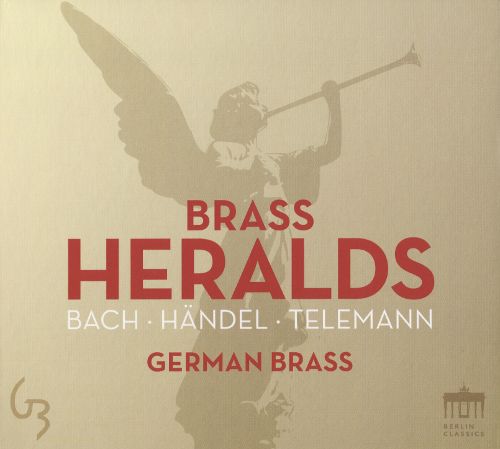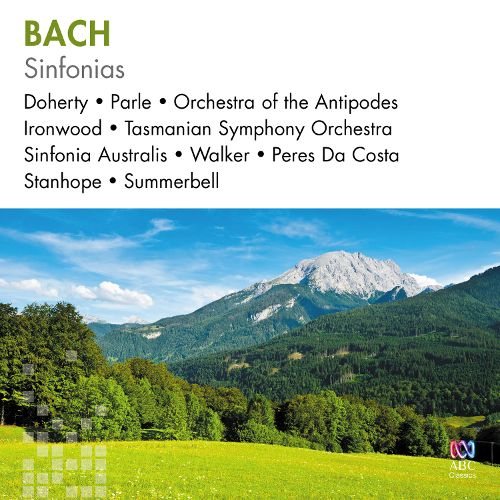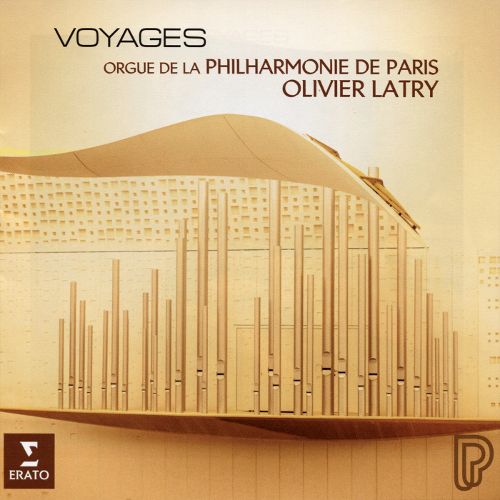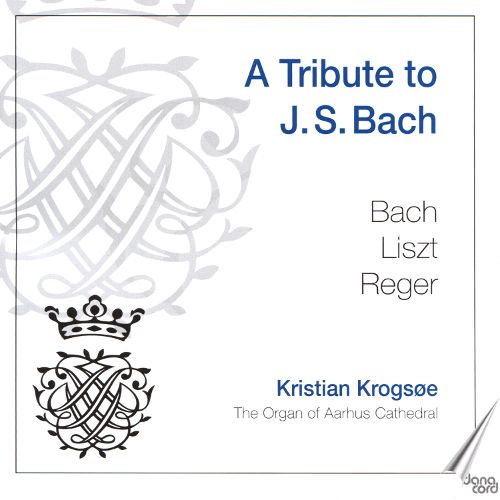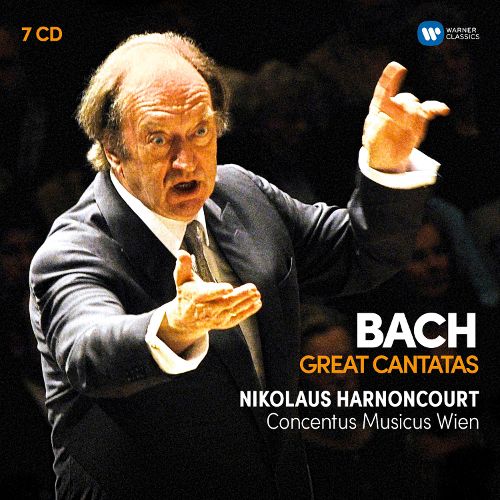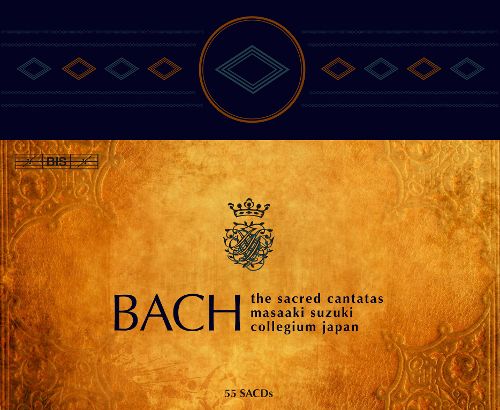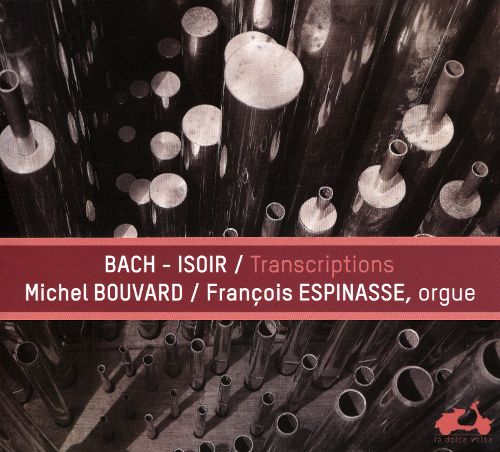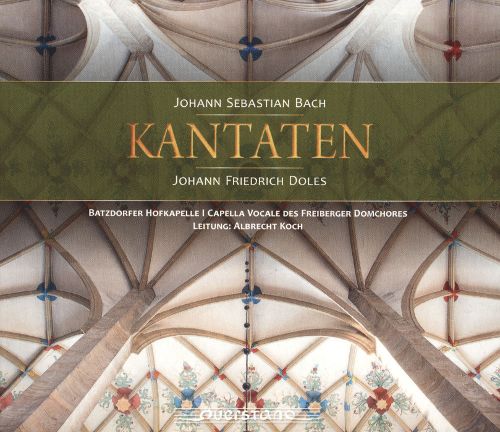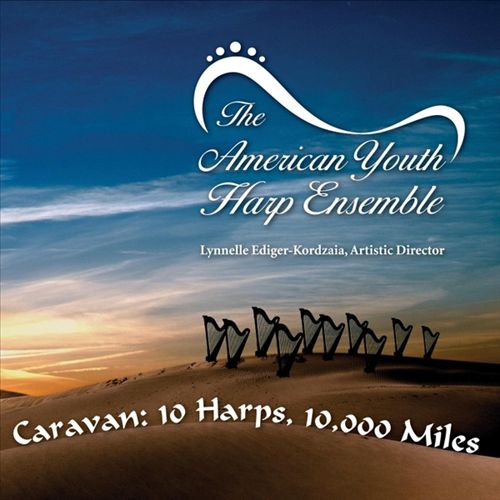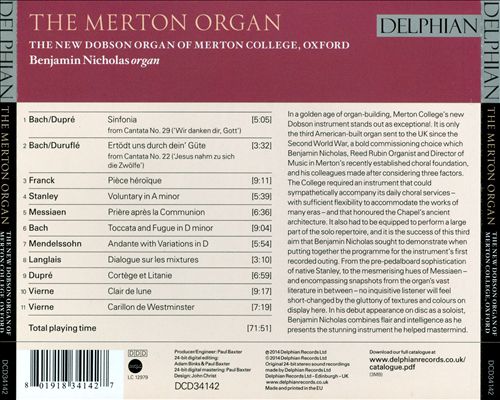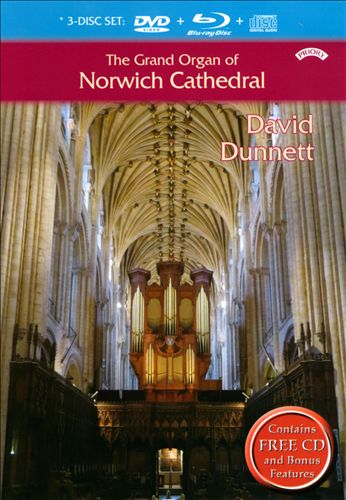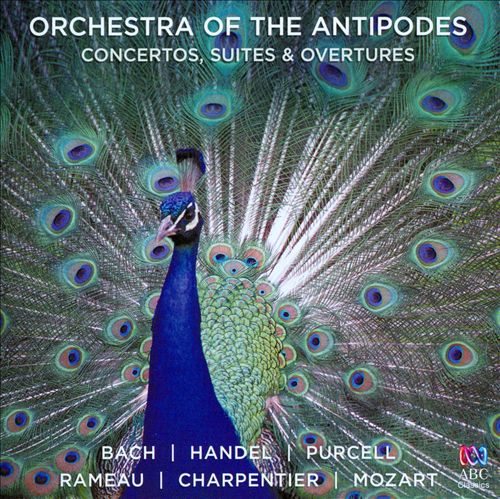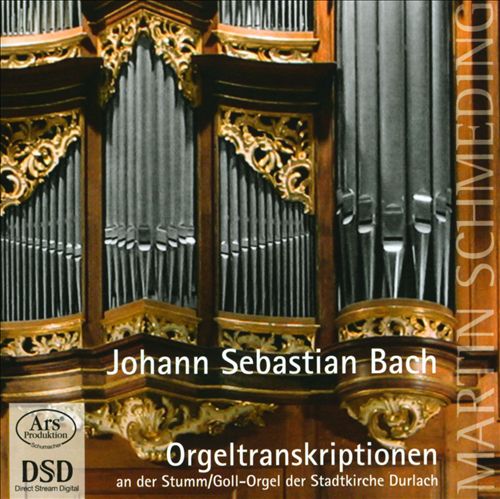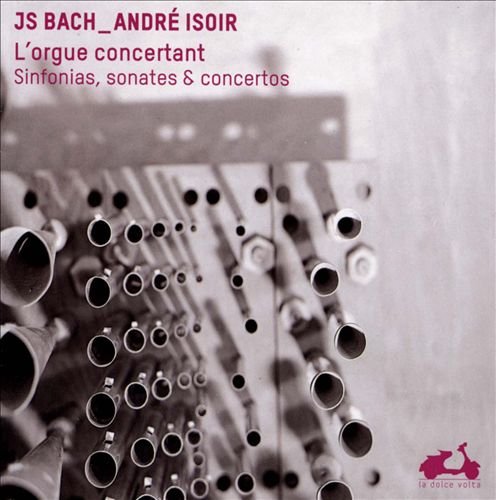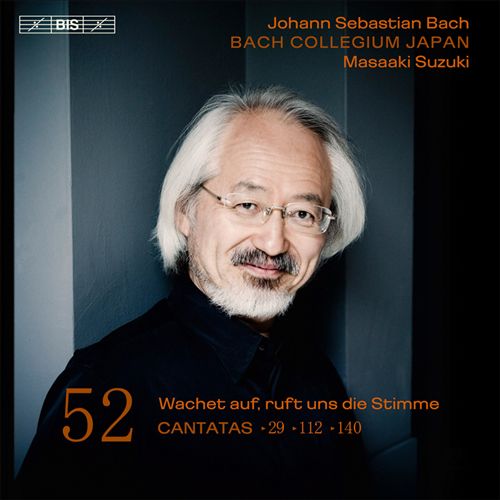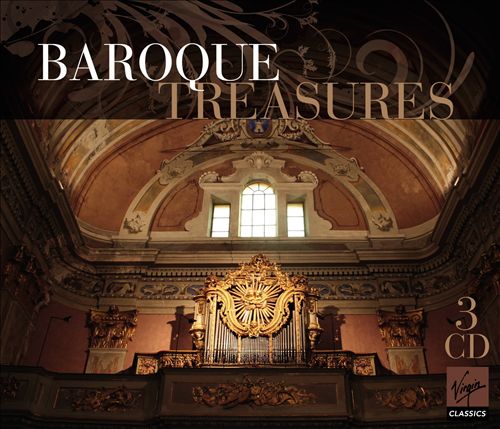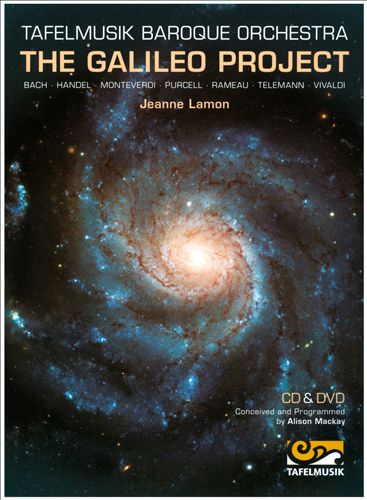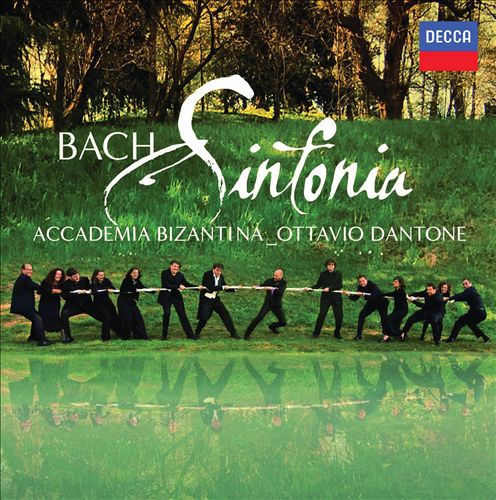Johann Sebastian Bach (요한 제바스티안 바흐)
Cantata No. 29, "Wir danken dir, Gott, wir danken dir", BWV 29
100
10,000
1,400
WORK INFO
작곡가: Johann Sebastian Bach (요한 제바스티안 바흐)작곡년도: Aug 27, 1731출판년도: 1855초연: Aug 27, 1731평균연주: 23:04악장1Sinfonia in D major3:562Wir danken dir, Gott, wir danken dir3:013Hallelja, Stärk und Macht6:074Gottlob! es geht uns wohl!0:595Gedenk an uns mit deiner Liebe5:276Vergiß es ferner nicht, mit deiner Hand uns Gutes zu erweisen0:287Hallelja, Stärk und Macht1:528Sei Lob und Preis mit Ehren1:40Wir danken dir, Gott, wir danken dir (We thank you, God, we thank you), BWV 29, is a sacred cantata by Johann Sebastian Bach. He composed it in Leipzig in 1731 for Ratswechsel, the annual inauguration of a new town council, and first performed it on 27 August of that year. The cantata was part of a festive service in the Nikolaikirche. The cantata text by an unknown author includes in movement 2 the beginning of Psalm 75, and as the closing chorale the fifth stanza of Johann Gramann's "Nun lob, mein Seel, den Herren". Bach scored the work in eight movements for four vocal parts and a festive Baroque orchestra of three trumpets, timpani, two oboes, strings, an obbligato organ and basso continuo. The organ dominates the first movement Sinfonia which Bach derived from a Partita for violin. The full orchestra accompanies the first choral movement and plays with the voices in the closing chorale, while a sequence of three arias alternating with two recitatives is scored intimately. Bach used the music from the choral movement for both the Gratias agimus tibi and Dona nobis pacem of his Mass in B minor.
Bach composed the cantata in 1731 for Ratswechsel, the inauguration of the new town council, which was celebrated annually in a festive service in the Nikolaikirche on the Monday following the feast day of St. Bartholomew (24 August). It was not a democratic election, but a "ceremonial transfer of office" of council members who were appointed. The service was not part of the liturgical year with cantata texts related to prescribed biblical epistle and gospel readings. For the same occasion, Bach had already written the cantata Preise, Jerusalem, den Herrn, BWV 119, in his first year in Leipzig, 1723. For the Ratswechsel service, he could count on the entire council (his employer) listening, probably also civil servants and representatives of the Elector's administration for the region. The musicologist Klaus Hofmann notes: "It was an opportunity for Bach to show how sacred music was flourishing under his direction and to present himself as a composer."From WIKIPEDIA
RELEASED ALBUMS
-
J.S. Bach: Cantatas - The Harmonia Mundi YearsOctober 27, 2023
-
And So Flows the RiverMay 19, 2023
-
Bach, Mozart, Schubert & Schumann: The Complete Polydor Recordings 1927-1936March 4, 2022
-
Olivier Latry: Complete Deutsche Grammophon RecordingsFebruary 25, 2022
-
Saint-Saëns: Piano Works, Praphrases and Transcriptions, Vol. 2 - Oratorio, Cantata, Occasional PiecesJanuary 14, 2022
-
The Imaginary Music Book of J.S. BachOctober 8, 2021
-
Johann Sebastian Bach: Clavier Übung Part I-IVOctober 12, 2018
-
Transcriptions FrancaisesApril 6, 2018
-
Unending Love: A Sound PoemFebruary 23, 2018
-
Johann Sebastian Bach: Fantasia and Fugue BWV 542; Trio Sonata BWV 529; Sinfonia BWV 29January 19, 2018
-
50 Best: BachJanuary 17, 2018
-
Brass Heralds: Bach, Händel, TelemannDecember 15, 2017
-
Bach: SinfoniasDecember 15, 2017
-
VoyagesJanuary 20, 2017
-
A Tribute to J.S. BachDecember 20, 2016
-
Bach: Great CantatasAugust 26, 2016
-
Bach: The Sacred CantatasJune 10, 2016
-
Bach-Isoir: TranscriptionsApril 15, 2016
-
Johann Sebastian Bach, Johann Friedrich Doles: KantatenApril 1, 2016
-
Caravan: 10 Harps, 10,000 MilesAugust 1, 2015
-
The Merton OrganMay 13, 2014
-
The Grand Organ of Norwich CathedralJanuary 6, 2014
-
Concertos, Suites & Overtures: Bach, Handel, Purcell, Rameau, Charpentier, MozartMay 3, 2013
-
Bach: OrgeltranskriptionenApril 30, 2013
-
Bach: L'Orgue Concertant; Sinfonias; Sonates; ConcertosApril 29, 2013
-
Bach: Cantatas, Vol. 52 - Wachet auf, ruft uns die StimmeDecember 18, 2012
-
Baroque TreasuresSeptember 17, 2012
-
The Galileo ProjectMarch 27, 2012
-
Classical ChristmasDecember 14, 2011
-
Bach: SinfoniaNovember 1, 2011
WORKS SHOUTS


